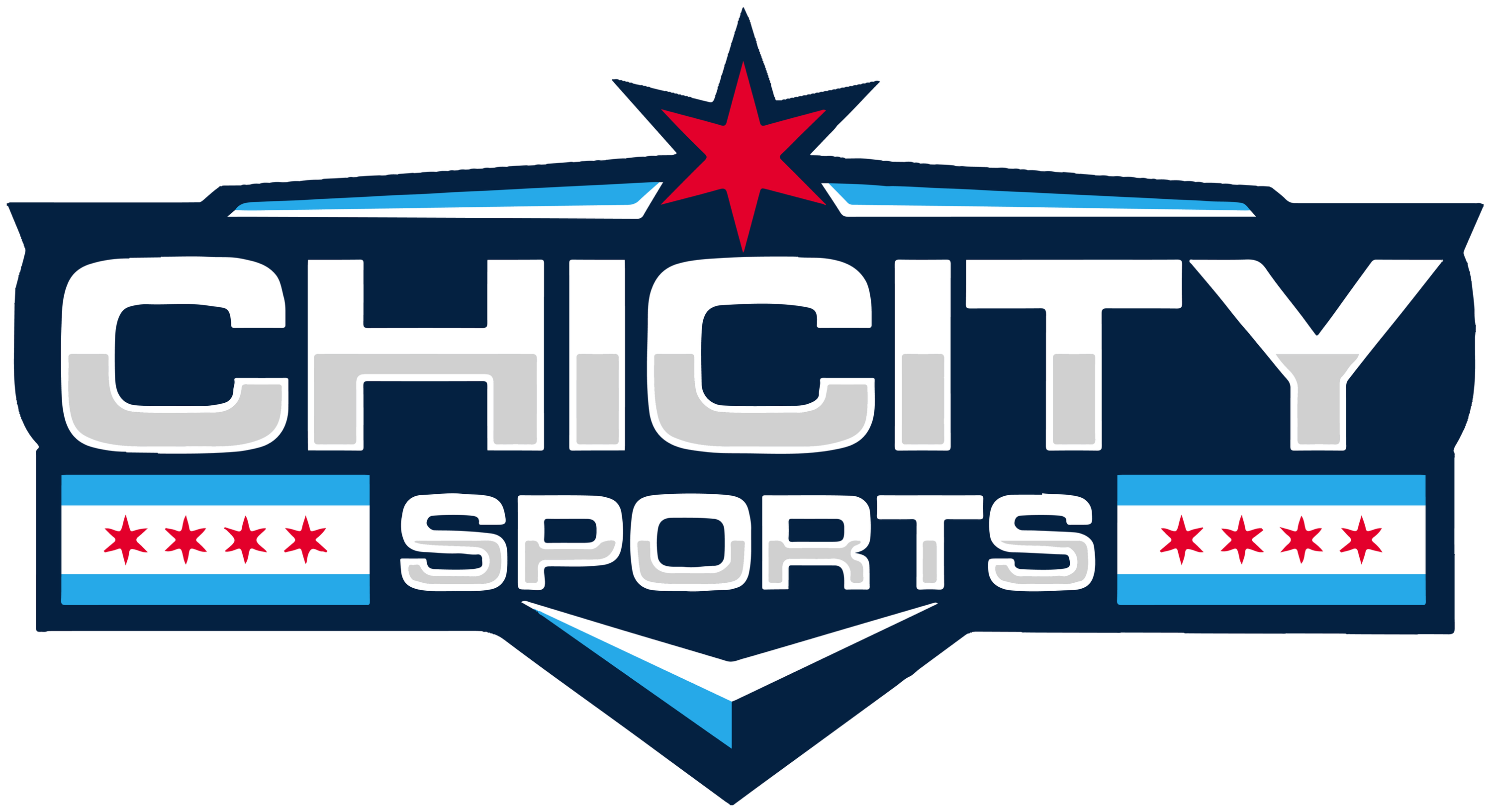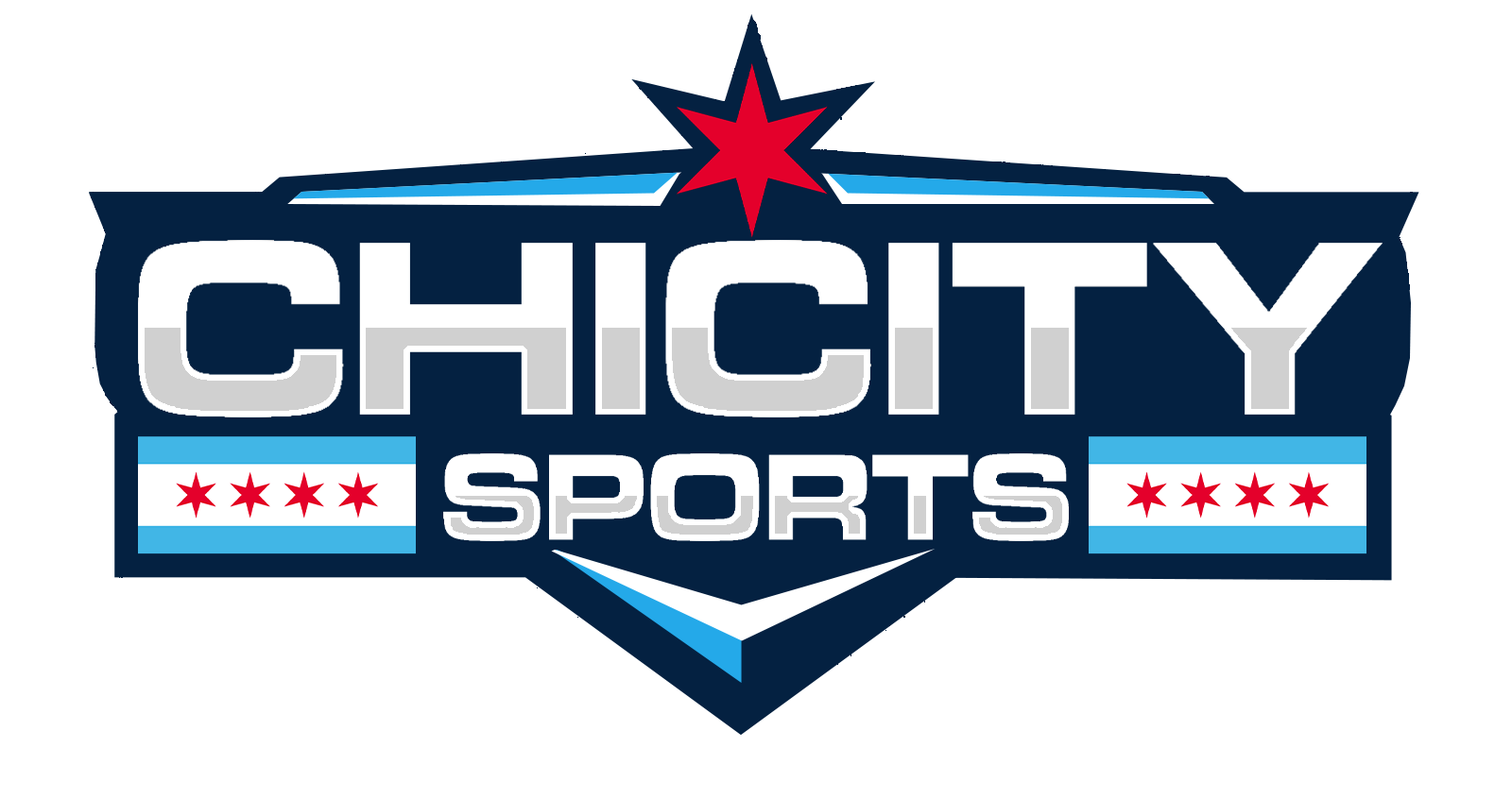Illinois grabbed the headlines in 2023, emerging as the third state after New York and New Jersey to achieve an annual sports betting revenue of $1 billion. Chicago’s ardent fan base and its rich sporting culture contributed hugely towards these numbers. With fans legally betting on the Bears, Bulls, Cubs, and other local teams, the ecosystem accompanying the sports betting surge is continually evolving.
Despite this industry’s hope, innovation in the sports gambling sector is stunted by the lack of federal policy support. More specifically, the sector is excluded from claiming Research & Development (R&D) tax deductions, which is a growth area for innovation. This article will look at the specific details of these tax incentives, the reasons behind the exclusion of gambling operators, the ramifications on Chicago’s sports betting market, and the continued evolution of the industry despite these setbacks.
What R&D Tax Breaks Mean — and Why the Gambling Industry Is Shut Out
Since the 1980s, R&D tax credits have been available at the federal level in the United States. The purpose of it is to incentivize businesses to spend on innovations such as improving software systems, creating new processes for manufacturing, or building better platforms. Qualifying firms can lower their taxable income by claiming a portion of development expenditure.
This incentive is routinely claimed by Technology firms, Pharmaceutical companies, and even agricultural producers. Gambling, however, lies in a different category. As per the current IRS rules, all activities pertaining to bets or games of chance, no matter what level of technological sophistication is involved, are struck off the list of R&D tax credits. This is also true even if a company spends millions on developing advanced betting algorithms, fraud detection systems, or improved user interfaces.
Use Plinko as an example. It is a digital reproduction of Block Out Celebrity Plinko that has merged with online gambling. These “games” have entire software development life cycles where devs design interfaces and environments and customize gameplay. In addition, plinko no deposit bonuses are more than just advertising; they put significant work into backend development, applying business logic, and interfacing with payment systems, as well as data safekeeping. Under current policy, however, all of that effort is excluded from tax relief.
At least in theory, it’s to stop federal spending from subsidizing what some still consider to be a “vice industry.” The problem is that, as online gambling becomes more sophisticated and regulated, that distinction is much more difficult to substantiate.
Why This Matters to Chicago’s Expanding Sports Betting Scene
Illinois is now one of the leading states for sports betting, and much of this can be attributed to Chicago. Just in the month of November 2024, Illinois exceeded $1.5 billion in total wagers for the first time. It is not only growth in the volume of business that is developing, but it is also the infrastructure, as there are technology hubs and local operators who are getting offices or working with national providers.
This achievement, however, entails a high cost of operation. A progressive tax system is applied to sports betting revenue within Illinois, which means larger operators get taxed at rates upwards of 40%. Not considering the fees for the license, face compliance with regulations, internal marketing, software development costs, and other expenses. The lack of R&D tax credits further compounds that financial burden.
For some or all of the businesses based in Chicago, along with their partners, the ramifications could be quite important. Trying to create new betting apps or launching features on a platform becomes extremely hard for smaller startups due to the dominating presence of national operators ready to lose money. Local innovators without access to tax relief for their development work are forced to either reduce expenditures or pivot to different funding sources.
That shift could also have an impact on the experience for the fans. Operators with spending less on the improvement of platforms could provide slower apps, a limited number of betting options, or fewer promotions than what is offered in other states or countries with more favorable taxation. Chicago, as a city, can become extremely forgiving for someone as passionate and sympathetic towards technology to help fill the gap, so just imagine how much more noticeable the difference becomes.
Tech Meets Turf: How Online Gambling Innovates Without Incentives
San Francisco Assignments and Plinko jump around the $20 million mark in R&D that lies ahead. Even without R&D tax incentives, mobile gambling operators continue advancing innovation cycles, developing new technologies and approaches. Interfaces especially became increasingly mobile-friendly, and new features such as real-time updating of odds, biometric logins, and even streaming of live games have been added by some platforms.
As evolving features, Plinko-type games undergo constant transformation and updates. What used to be a simplistic digital version of Plinko is now a data-rich and personalized experience.
Development teams put in their efforts in updating and improving user experiences, supporting features such as dynamic odds, tiered bonuses, and animated gameplay, and with the help of constantly powered servers, these changes are achieved. In any other industry, this work would certainly be qualifying R&D, but with gambling, incentives hardly exist.
Enabling security is also a critical concern as the problem of users betting on their phones while at games or commuting rises. Security measures such as encryption technologies, geolocation-bound authentication, and fraud monitoring tools receive more funding nowadays. Resources have to be spent on conducting research, testing these tools, and developing them. All of which is federal R&D ineligible support.
Nevertheless, companies find ways to advance. Bigger firms may fund innovation with operating margins, whereas smaller companies depend on venture capital or private partnerships. But this type of approach can impede broader progress, particularly in more competitive regions like Chicago.
For More Great Chicago Sports Content
Get the latest Chicago sports news, analysis, and breaking stories on the Bears, Bulls, Blackhawks, Cubs, White Sox, Sky, and more! Tap the star to add us to your favorites on Google News, so you never miss a story on your favorite Chicago teams.
Follow us on Twitter at @chicitysports23 for more great content. We appreciate you taking time to read our articles. To interact more with our community and keep up to date on the latest in Chicago sports news, JOIN OUR FREE FACEBOOK GROUP by CLICKING HERE




